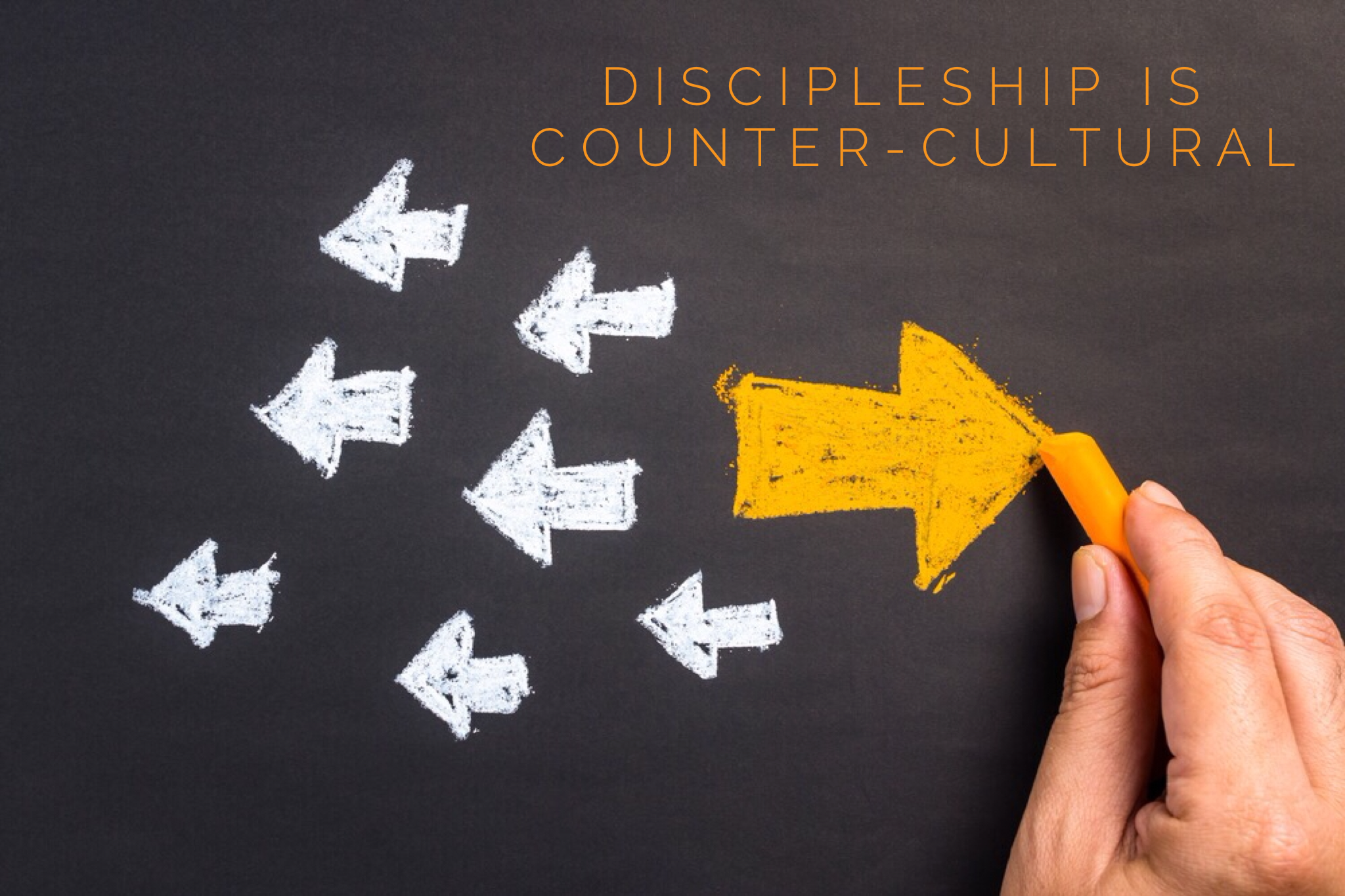Forgiveness. We have countless cultural sayings around this challenging action. Is it something that we give only when deserved? Is it intimately tied with forgetting what needs to be forgiven? Is it something that we need a psychotherapist to help us get to? Does it set us free? Can it hold us captive? In our world today forgiveness seems to be a dirty word. It’s portrayed indirectly as a weakness, a practice of those who can’t get their way, or right their own wrongs. We seem to prefer the word justice to forgiveness, demanding what to us we imagine due, exacting the treatment we deem to deserve by building walls, deporting people, cutting others off, demonizing our enemies, cutting off those who’ve wronged as “dead to us.” But the God known in Jesus of Nazareth does it differently.
As we read the second chapter of Paul’s letter to the church in Ancient Corinth we hear him talk of pain and hurt, suffering and rejection. It’s unclear who this person is who has saddened Paul. It’s unclear if he is a stranger to Corinth somehow associated with the false prophets referred to in 2 Corinthians 11:13 [“For such boasters are false apostles, deceitful workers, disguising themselves as apostles of Christ.”] or if he is a Corinthian Christian who has insulated Paul. It’s easy to get lost in the searching and historical investigation. For the people who received this letter, it was most likely obvious. What was less obvious, is what we take for granted: Paul’s example of forgiveness.
The ancient world valued honor [dignitas] above all else. A loss of honor was almost like a death, in fact in Roman culture some who had much honor (fame, glory, wealth, power) and lost it, would commit suicide rather than suffer through such weakness. Paul turns this notion upside down. He insists upon the weakness in strength example of the forgiving God we most clearly glimpse in Christ crucified on the cross, despised, rejected and seemingly impotent. Yet shockingly this example, the greatest possible of “dishonor” is the clearest word of forgiveness.
We often take for granted the teaching of Jesus in Matthew 18:21-22 that we should forgive another seventy-seven times (Hebrew for googolplex, or indefinitely). Imagine what such a counter-cultural example and life ethos would have been like in the ancient world? It would be like an aroma that awakens your senses, bringing to yourself, or instilling a sense of disgust. Think of the rank of a stinky body, or the mouth-watering fragrance of freshly baked chocolate chip cookies. Maybe our world, and our call to radical faith in Christ, isn’t all that different than the one in which the Corinthians lives 2,000 years ago?
[Downloadable Text Study Sheet with Questions from Monte]
Questions for Going Deeper:
- How have you experienced forgiveness in your life? How have you given forgiveness?
- When did you experience forgiveness as a life-restoring experience? When have you had the experience of trying to give forgiveness as a life-sucking force or impossible task to do?
- Why was one experience so life-nourishing and one so life-destroying?
- How do you need the Spirit of God to bless you that you might forgive, or ask to be forgiven?; that you might be more existentially aware that you’re (we’re) called to be the aroma of Christ, maybe more in our weakness and imperfection, than in our strength and got-it-all-together-ness?
- Who might the Spirit of God be calling you to talk with in response to the living Word you’re hearing?
